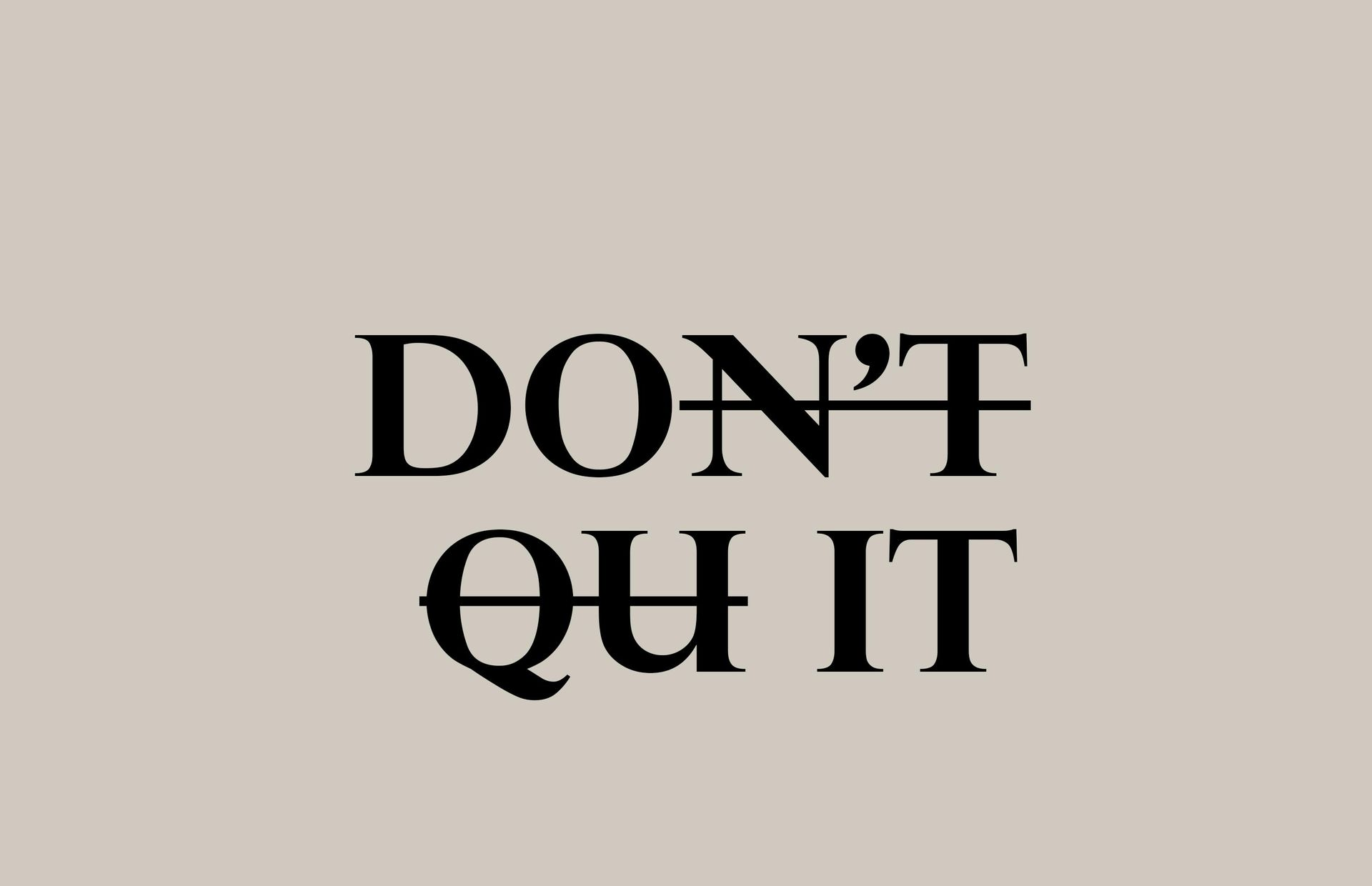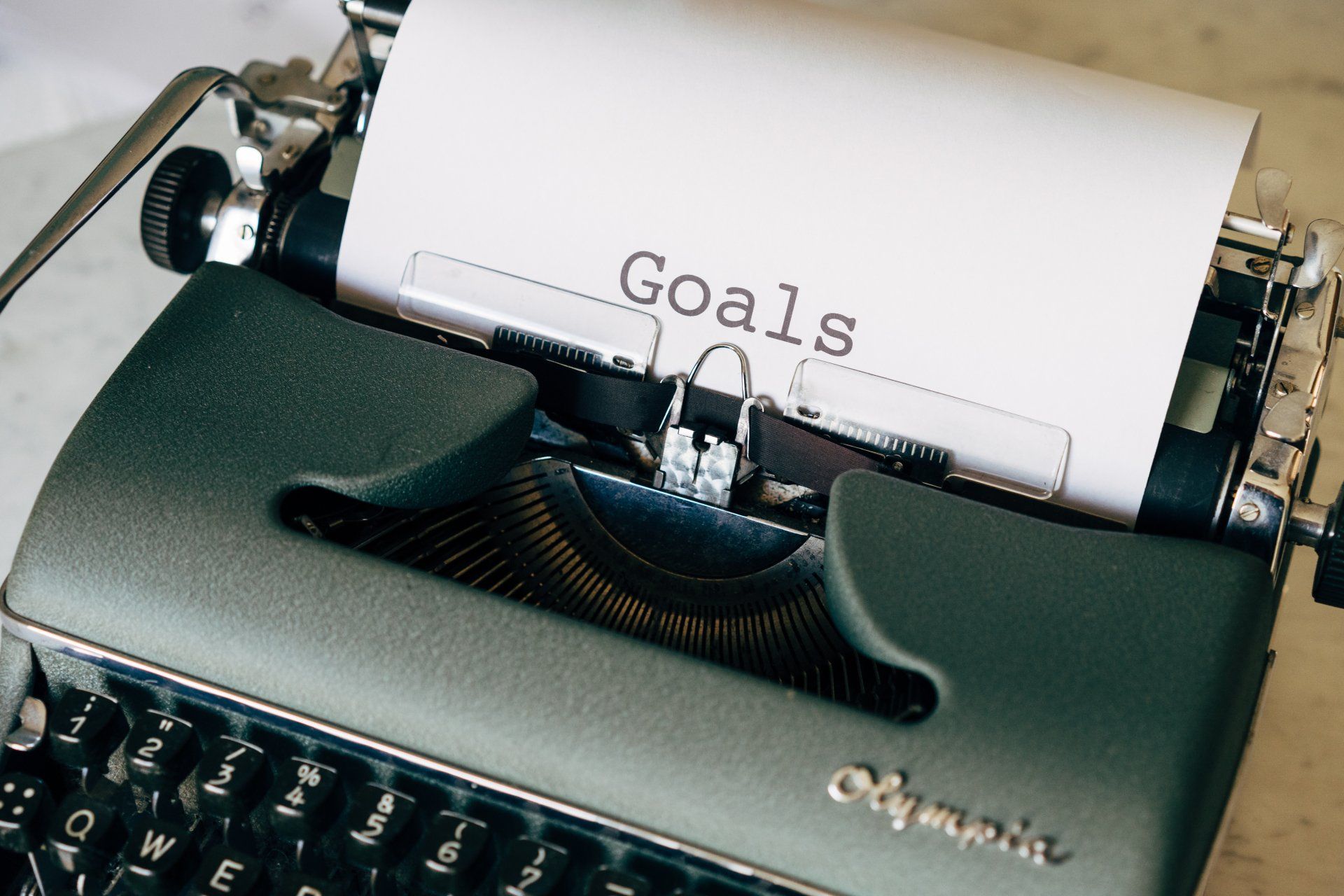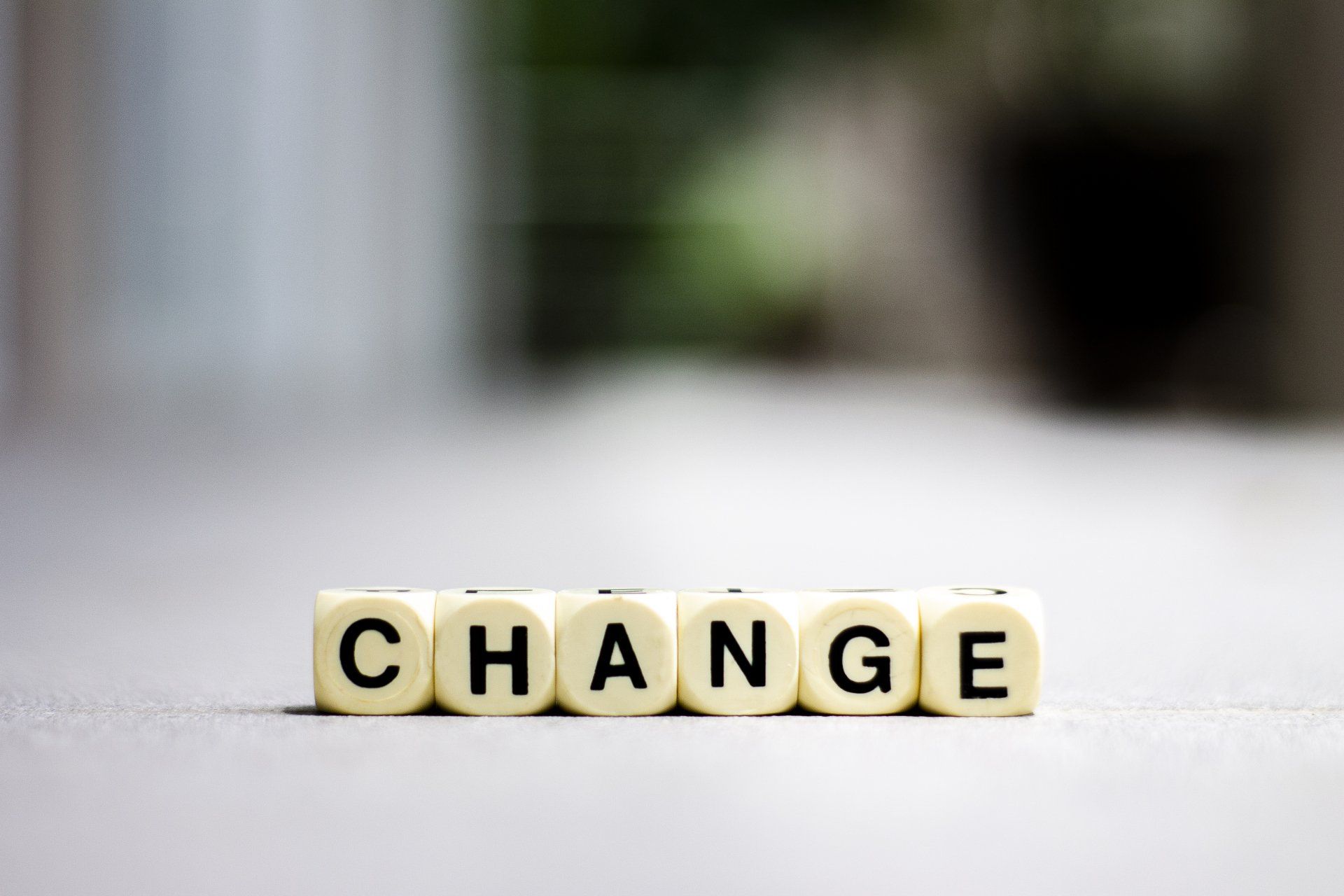Resilience Reflections
Originally posted on the Ombuzz Blog (9/7/2023) https://ombuzz.blog/how-to-be-resilient-without-becoming-positively-toxic/
Resilience often centers around one’s ability to have a positive mindset about life challenges.
- The belief that things will get better after a setback.
- The belief that a mistake is not failure but rather an opportunity for growth.
- The belief that life is a combination of ups and downs and that a temporary setback is not a permanent state.
Resilience can be natural, based on biological factors, or adaptive, based on learned behaviors. Natural resilience is related to human genes, as recent genome studies suggest that those with two shorter alleles in the stress resilient gene (the gene that is responsible for serotonin transport), have greater difficulty with resilience. Those with these shorter, more reactive, alleles in that gene comprise about 30% of the population, compared to 70% of the population with long alleles that are less reactive. Adaptive resilience relates to those things we learn and successfully adjust to, such as wearing masks and working from home during the pandemic. Like the name implies, adaptive resilience is learned. One such adaptive mechanism is learning to look for and use positivity, humor, and laughter.
Studies show that laughter and mindfully choosing positivity help individuals heal more quickly after injury or illness. While facing challenges we can learn to ‘laugh things off’ or find the humor in the situation. Laughing in the face of difficulty is often a helpful coping strategy. For example, the time my flight was delayed, which resulted in me missing my connection on the final flight home. Instead of getting upset, I happily took the airline’s hotel voucher and explored a city I didn’t otherwise know. Instead of being upset, I felt gratitude about the situation working out. There is no doubt that laughing things off, expressing gratitude, and looking on the ‘bright side’ is good for us; however, disconnected, inauthentic positivity can become harmful and even toxic.
A “positive vibes only” attitude may become harmful when forced: by us on us, by others on us, or by us on others. Humans need the space to acknowledge a setback and to work through negative emotions. For example, the high school student who didn’t get into the college of their dreams might feel sadness and disappointment. Acknowledging their disappointment without forcing them to be positive honors their experience.
Invalidating human suffering as part of the ‘whole’ experience of being human may inadvertently lead to shame or guilt when experiencing negative emotions when our life is otherwise ‘so good’ compared to many. Only looking at the positive in the face of challenges may also stunt our growth by impeding our ability to produce deeper insights and engage in critical thinking. Finally, significant life challenges and traumatic events, like an accident, serious illness, or the death of a loved one, cannot be met with shallow positivity.
Resilience is not possible without suffering adversity. In other words, we cannot learn resilience, or the ability to recover and adapt from adversity, without facing difficult situations. While having a positive mindset and having a sense of humor is important to build resilience, so is remaining mindful of uncomfortable emotions that are a very real part of being human. Author and social science guru Brené Brown cautions against positively re-framing situations, or ‘silver lining’, situations for others. When people express positives based on what they attribute to be true for another person, it can diminish the other person’s lived experience. Conversely; it is empowering to look for the silver linings in our own lives. To find the balance of being resilient and remaining positive when faced with a challenge
- Recognize and acknowledge all of the emotions, even uncomfortable ones
- Find the humor, focus on the positive, and laugh, authentically
- Remain realistically positive while you learn to adapt to the situation
“By three methods we may learn wisdom: First, by reflection, which is noblest; Second, by imitation, which is easiest; and third by experience, which is the bitterest.
— Confucius









